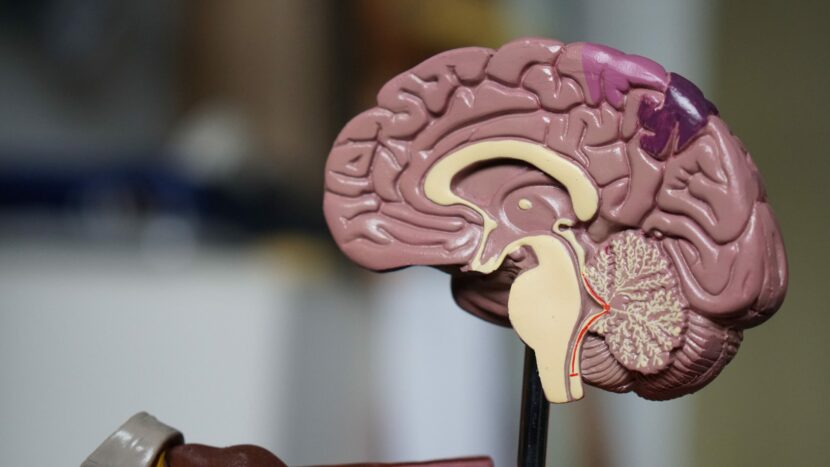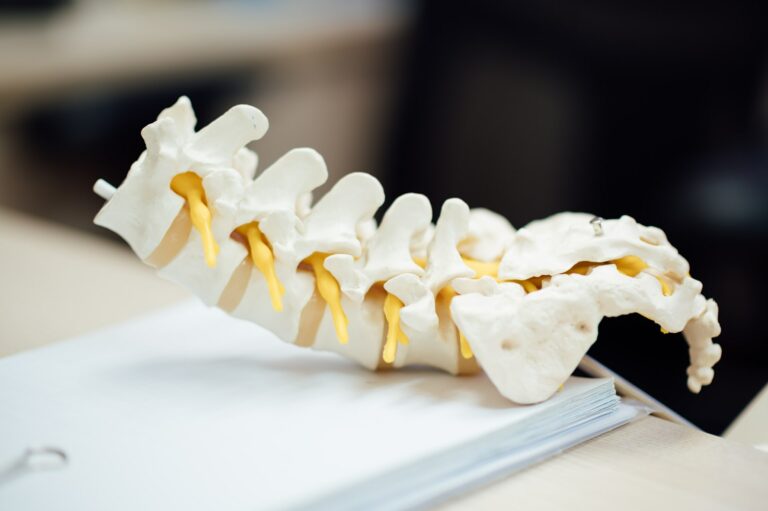Many students participate in athletic programs, including contact sports that could result in traumatic brain injuries. Sadly, many of these students suffer one or more concussions or traumatic brain injuries (TBIs) while they are student athletes. Parents who are concerned that their child’s brain injury was caused by negligence or wrongdoing can consult a Texas traumatic brain injury attorney to discuss their concerns with an experienced legal advocate.
Why Are TBIS Dangerous for Student Athletes?
An article published in JAMA states that involvement in competitive sports increased the odds of being diagnosed with concussions during a person’s lifetime. During 2016, roughly one in five students in grades 8, 10, and 12 reported being diagnosed with at least one concussion during their lifetime. Concussions and traumatic brain injuries can have both short-term and long-term consequences for student athletes. Brain injuries have been associated with long-term damage to brain functions and an increased risk of developing conditions such as Parkinson’s disease and Alzheimer’s disease.
What Are Steps Parents Can Do To Reduce the Risk of Traumatic Brain Injuries for Student Athletes?
Students who participate in sports, especially contact sports, face the risk of traumatic brain injuries and concussions. Parents may not be able to remove all risk of brain injuries for their child, but they can take steps to reduce the risk of TBIs. Five steps parents can take to protect their child when he or she is participating in student sports include:
1. Ensure your child is using the proper safety equipment.
A helmet is one of the best ways to reduce the risk of serious head injuries for athletes. However, some helmets are designed to provide a higher level of protection from head injuries. You should always check your child’s helmet to ensure that it meets or exceeds industry standards. Also, parents should make sure that their child is using the correct helmet for the sport.
2. Discuss concussion reporting with coaches and staff.
Ask your child’s coach, school, and recreational organization about the protocol for reporting head injuries. Any head injury, regardless of the severity of the injury, should be reported and a physician should examine the student. Some coaches have a philosophy of “playing through the pain” or “shake it off.” Listen to how coaches interact with students carefully to ensure the coach is taking head injuries seriously. Request a written copy of the concussion plan for the students. If there is no concussion plan in place, a plan should be developed and implemented immediately.
3. Encourage your child to report pain and other symptoms of head injuries.
Do not rely on coaches and others to report head injuries for your child. Discuss the symptoms of traumatic brain injuries, concussions, and other injuries with your student athlete. Make sure that your child understands brain injury symptoms and the need to report any symptom to the coach and to you immediately.
4. Watch for improper techniques.
In many cases, brain injuries are caused when students are not taught the proper techniques. For instance, coaches should train football players in the proper techniques for tackling other players to reduce the risk of head injuries for both players. Illegal contact with an opponent should be prohibited, and rules should be strictly enforced.
Do You Need A Texas Traumatic Brain Injury Attorney for Your Student Athlete?
Your child could suffer long-term, permanent impairments from TBIs and concussions sustained while participating in competitive sports. Contact our Texas personal injury lawyers today for a free consultation. Our Texas traumatic brain injury attorneys can review the circumstances that led to the head injury to determine if your child is entitled to compensation for his or her injuries.











